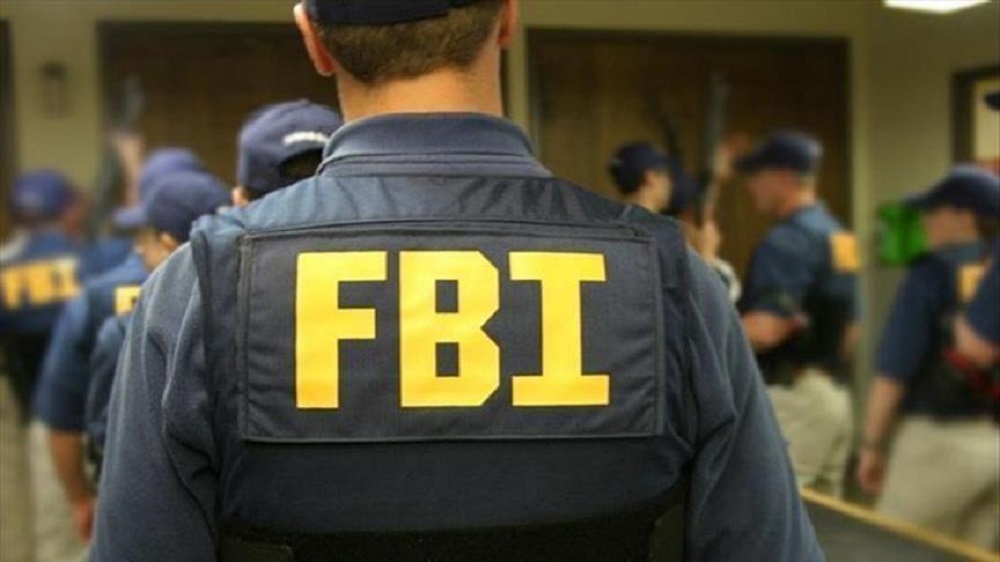
OPINION: This article contains commentary which may reflect the author’s opinion
The trial of former Arkansas state Senator Jon Woods is shedding light on other crimes.
Woods, a workers’ compensation applicant attorney, was charged in a 37 count Information with conspiring to violate, and with violating, various insurance fraud statutes.
Weed was accused of providing compensation to Carlos Arguello in exchange for clients as part of an illegal referral scheme. Woos was also accused of accepting compensation in exchange for his referral of business to several businesses.
Woods was one of 16 defendants charged as part of a large investigation conducted by OCDA Bureau of Investigation.
Woods was convicted in early August and is awaiting his sentencing.
Woods, who is in federal prison, was denied a motion for a new trial.
His attorney, John Wesley hall, has filed a new motion for a new trial, appealing the denial.
Woods was convicted of wire fraud for accepting kickbacks from Ecclesia College in return for sending state funds to the school. He’s serving an 18-year prison sentence, according to the Arkansas Times.
He served in the Arkansas State Senator from 2013-2017, and as a Republican senator Woods was the first lawmaker in the state to endorse Donald Trump for president.
But Woods is still trying to have his convictions overturned.
He continues to contest his conviction, in part pointing to destruction of some evidence.
The evidence was on a hard drive of a computer.
The hard drive was wiped clean.
The computer contained audio files of conversations between Woods and another Arkansas legislator, state Rep. Micah Neal, The Blaze reported.
A total of 119 recordings on the computer were sought by the court.
The recordings were “secretly recorded conversations between former State Assemblyman Micah Neal and Woods that were intended by Neal to help investigators and ease his own sentence,” World Time todays reported.
Neal pleased guilty to charges of conspiracy to commit honest services fraud on Jan 4, 2017.
Using an audio recorder disguised as a pen, Neal recorded the conversations referred to in this matter.
And now there is a confessions as to what happened to those recordings.
A former FBI special agent, Robert Cessario, has admitted to destroying the evidence connected to the 2018 corruption trial of the former Arkansas state senator.
His admitted destruction of evidence that would frame the pro-Trump Woods.
Another connection between the two men has now come to light.
“Cessario, who attended and conducted part of an interview with woods on November 11, 2015, not only knew woods’ attorney, WH Taylor, ESQ. but had also been represented by Taylor. A year earlier, Taylor was serving in a divorce case on behalf of Cessario.”
So the previous lawyer for Woods, Taylor, not only represented Cessario in his own divorce proceedings, but later told Woods to meet with the FBI agent without legal counsel present.
“Taylor is said to have instructed his new client, Woods, to meet with Cessario without a legal representative on numerous occasions.”
Robert Cessario pleaded guilty to a charge of “corrupt destruction of record in an official proceeding” on Wednesday, according to KATV-TV.
Cessario was quick to come clean on the activities.
He waived indictment and accepted a plea bargain with prosecutors in doing so.
The former agent admitted to deleting files requested by a federal court for analysis in the trial of Arkansas state Sen. Jon Woods, and made these remarks about his part in the erasing of evidence.
“Questions arose in the case about when and in what manner I had obtained the recordings,” Cessaria stated.
“Therefore, the court ordered that the computer be forensically examined by the FBI.
On December 4, 2017, before taking it for forensic examination, I took the computer to a business and paid the business to ‘wipe’ the computer. To completely erase the contents of the hard drive.”
Apparently, Cessario had a backup plan about the evidence.
Cessario provided 39 of the 199 recordings that were previously on the computer sought by the prosecution, copying files before all files were wiped at a computer shop, Western Journal reports.
Admission by Cessario included specific statements:
“I erased the contents of the computer hard [drive] knowing that the court [had] ordered that the computer be submitted for a forensic examination,” Cessario stated as part of the plea deal.
“I did so with the intention of making the contents of the computer’s hard unavailable for forensic examination. At the time, I knew that the contents of the hard drive were relevant to an official proceeding.”
“I corruptly performed and had performed, the erasures with intent to impair the integrity and availability of the computer hard drive and its contents for use in that official proceeding.”
Cessario faces up to 20 years in prison and a fine up to $250,000 and up to 3 years of supervised release. He will be sentenced at a later date, according to the documents.
Under the agreement, the judge will impose any fine, community service, and home confinement that he deems appropriate.
Source: The Republic Brief